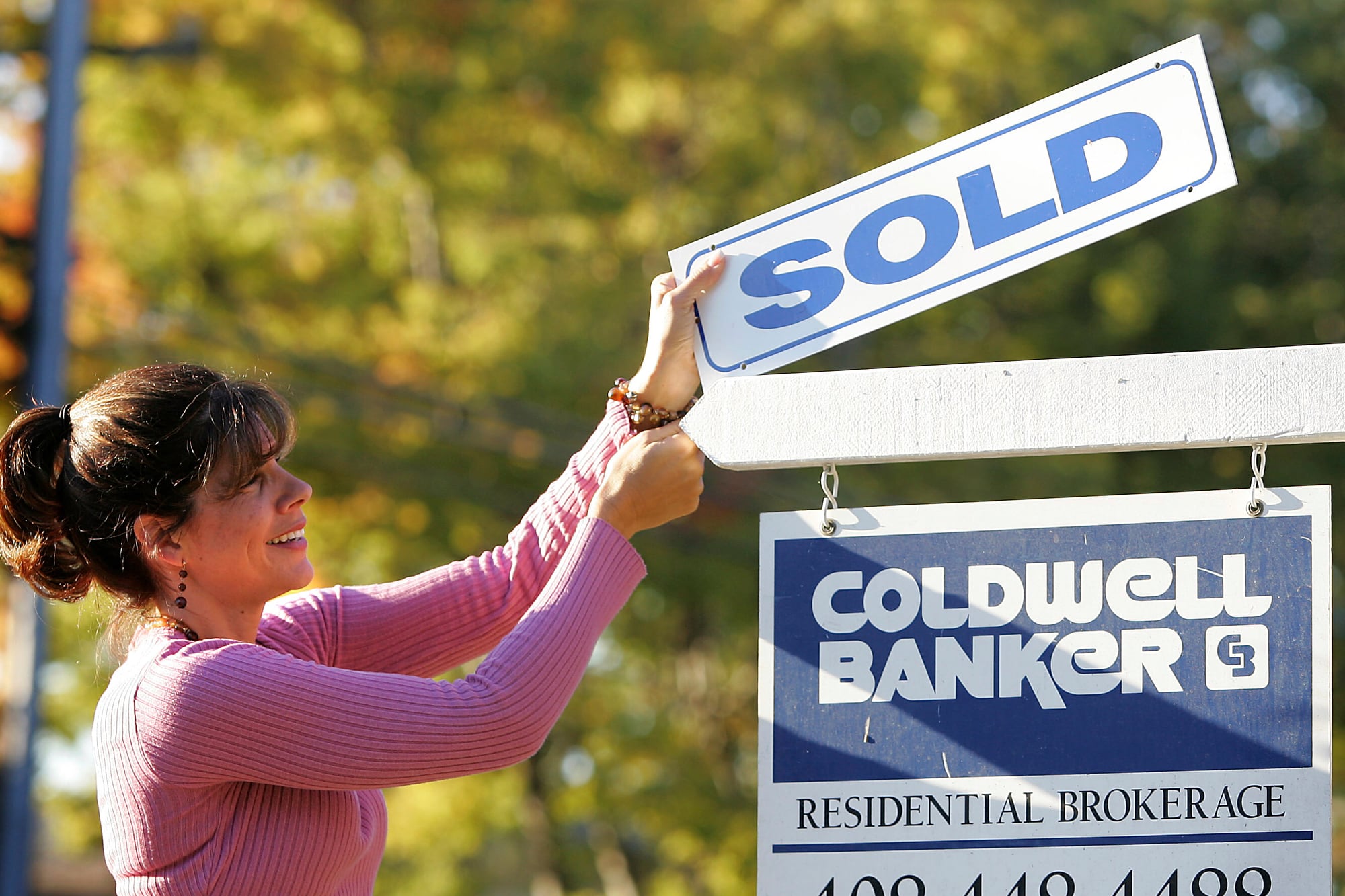DoorDash is shaking up its business model by now offering standardized pricing plans for restaurants that use its platform for pickups and deliveries.
Restaurants can now choose between three tiers of commission fees: 15 percent (Basic), 25 percent (Plus), and 30 percent (Premier). Each tier offers different levels of service, with the higher fees giving restaurants a wider delivery area and product and marketing support.
Tom Pickett, chief revenue officer for DoorDash, told Cheddar the goal was to provide restaurants with a "spectrum of options" based on their business needs.
"Some restaurants are really focused on profitability and cost-efficiency, and so the 15 percent option may be a good option for them, while others are going to be looking for much more growth and access to a wider array of customers," he said.
The third-party delivery platform previously did not offer a standardized commission fee — a source of confusion among some restaurants, which the company sought to remedy with an extensive blog post published last year explaining how merchant fees worked.
"Commissions vary by restaurant and are agreed upon individually based on the product or the level of service," the company wrote at the time. "This means there is no blanket rate applied to all restaurants on our platform."
Since then, as restaurants sometimes struggled amid the pandemic, there's been a nationwide pushback against third-party fees that has led several states and cities to pass legislation capping the commissions that platforms can charge restaurants.
It's in this shifting regulatory environment that DoorDash announced the standardized fees.
“This is us listening to our merchant partners and making adjustments,” said Christopher Payne, chief operating officers of DoorDash, at a virtual event unveiling the changes. “Essentially we’ve been learning together about what restaurants need and testing our way into what the next phase of pricing should be."
Pickett said the new system reflects the company's efforts to balance various priorities.
"We're trying to manage the overall ecosystem," he said. "If you think about it, we have to make sure that restaurants have the choice that they're looking for. We need to make sure that Dashers get paid a fair and market-competitive wage. And we have the consumers, who are looking for a good price and a good value."
A clearer set of commission fees is only one of the ways DoorDash is trying to keep restaurants happy.
The company is also hiring a "chief restaurant advisor" who will work directly with restaurant partners to gather feedback and involve them in strategic discussions.
"We hope there's a good push and pull with this person," Pickett said. "We're really interested in that feedback. We want that help to shape what we design going forward."












